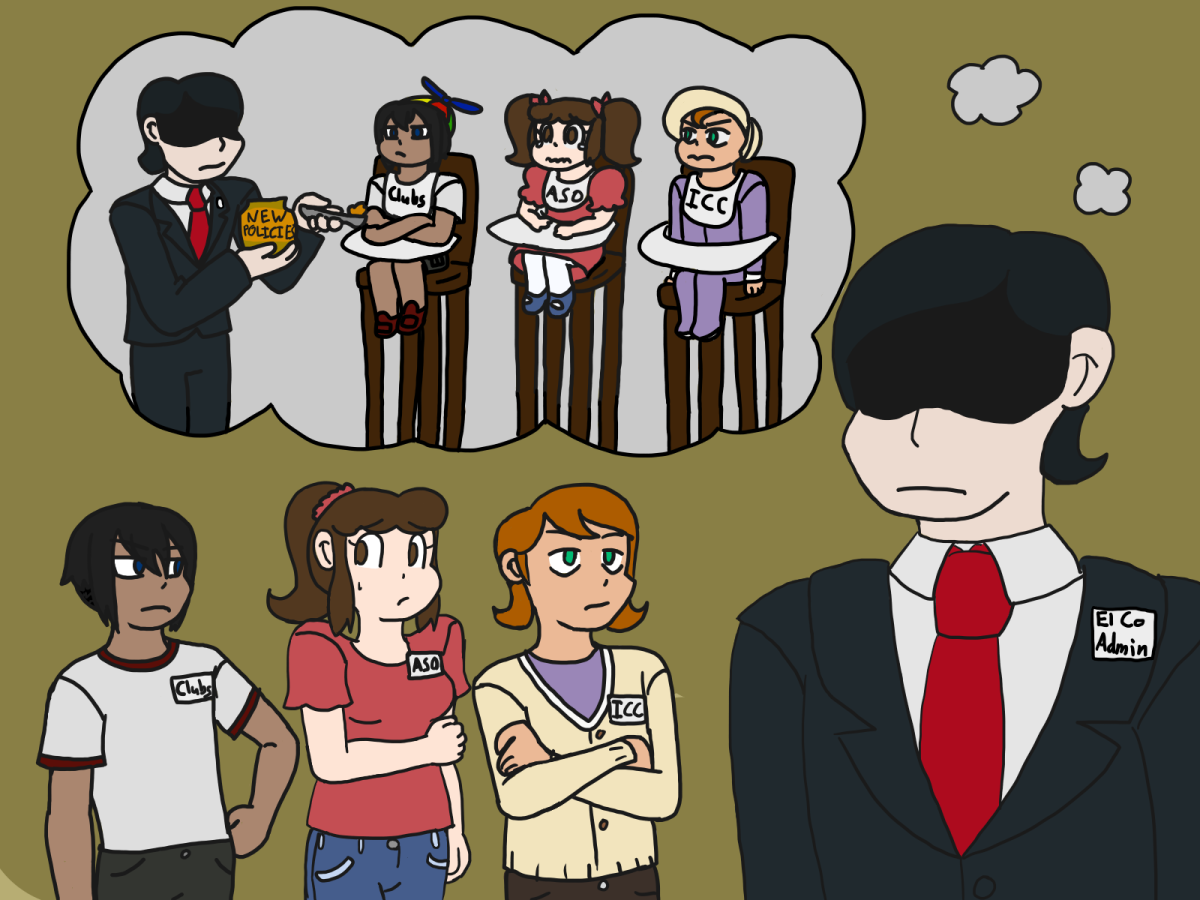Read and respond. Download and reply. Nuanced commands distinguished only by an era of digital advancement. Both, though, are used in an outdated and oversimplified teaching model.
Students learn best when they actively participate in their learning through diverse activities. In its 2011 instruction handbook, Florida State University describes active learning as the opportunity for students to meaningfully talk and listen, write, read and reflect on an academic subject.
Online courses just don’t offer this opportunity for active learning.
Students taking online courses are unable to exchange ideas with their peers in a classroom discussion facilitated by a professor. Instead, students get one perspective—the one they’ve formed by skimming over reading materials with limited guidance from their professor, and little motivation to see ideas in another light.
According to the book, Distance Learning in Higher Education, computer-mediated communication reduces nonverbal cues such as encouraging gestures, and increases miscommunication.
In a classroom, students not understanding any concept have the opportunity to stop and tell their professor that they don’t get it. They get the chance to set their learning pace by asking teachers or classmates questions before moving on to the next concept.
Sure, students can email their professors, but students may not have the writing skills to articulate a complex question that, in a face-to-face discussion, might be more simply and more immediately clarified. And, in other cases, professors may not provide prompt replies that fully answer students’ questions, or may fail to make students feel that they are accessible at all.
Instructor presence was shown to positively impact students’ effective learning, cognition, and motivation in a 2010 study published by The Journal of Educators Online.
With such variance in teaching offered across online courses, students taking these classes are left with a misunderstanding of subjects that may affect their future development and achievement.
Online courses can’t offer students the opportunity to use knowledge gained in face-to-face interaction to build a real-world understanding of concepts.
Reducing the face-to-face classroom setting to a fully online course is simply a one-dimensional alternative to a complete and quality college experience.




